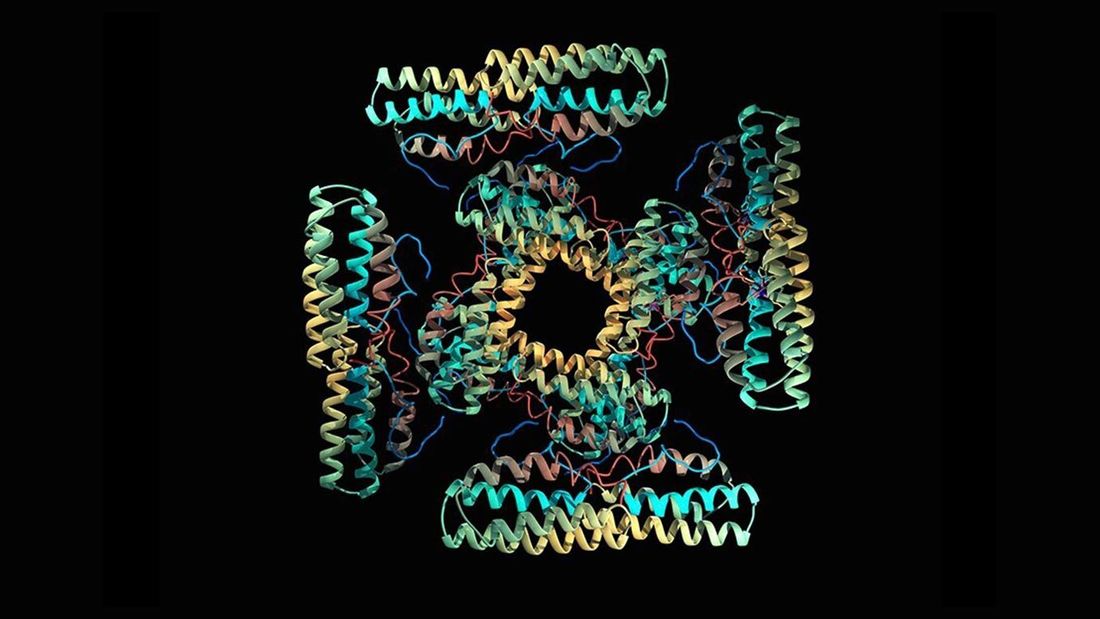Artificial proteins are man-made versions of natural proteins that are designed to mimic the functions of their biological counterparts. These proteins are often created through the use of genetic engineering techniques, such as recombinant DNA technology, which allows scientists to manipulate the genetic code of an organism to create new proteins.
One of the main advantages of artificial proteins is that they can be designed to have specific properties or functions that are not found in natural proteins. For example, scientists can create proteins that are more stable, more efficient, or more specific than their natural counterparts. This makes them useful for a wide range of applications, including medicine, agriculture, and biotechnology.
One of the most common applications of artificial proteins is in the production of biopharmaceuticals. These are drugs that are produced using living organisms, such as bacteria or yeast, which are genetically engineered to produce specific proteins. Some examples of biopharmaceuticals include insulin for diabetes treatment, erythropoietin for treating anemia, and monoclonal antibodies for cancer treatment.
Another application of artificial proteins is in agriculture, where genetically engineered crops are used to produce plants that are resistant to pests and diseases, or that have increased nutritional value. These genetically modified plants can increase crop yields and reduce the use of pesticides, which can be beneficial for both farmers and the environment.
Artificial proteins are also used in research to study the structure and function of proteins, as well as to develop new drugs and therapies. For example, scientists can use artificial proteins to create "mimetic" compounds that mimic the activity of natural proteins, which can be used to study the mechanisms of diseases and to develop new treatments.
In summary, artificial proteins are man-made versions of natural proteins that can be designed to have specific properties or functions. They have a wide range of applications, including medicine, agriculture, and biotechnology. With the help of genetic engineering techniques, scientists can continue to improve and develop new artificial proteins for various use cases.
